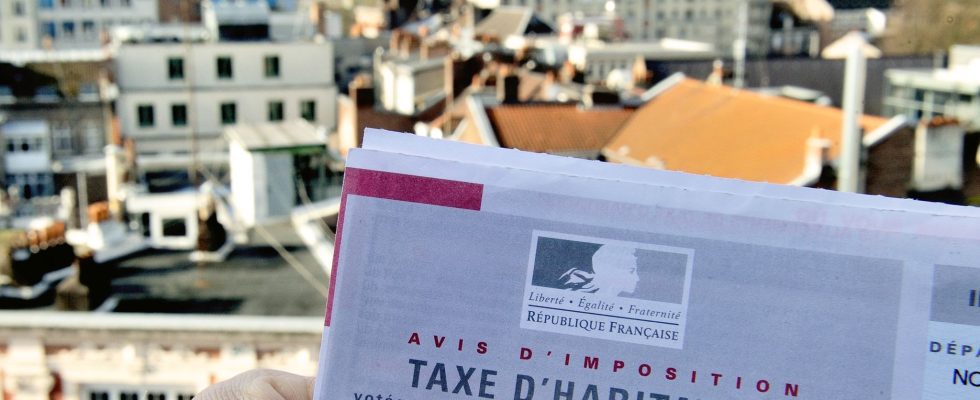Good news for local communities. Nearly 2,000 municipalities with less than 50,000 inhabitants, deemed “in tension”, will be able to apply the increase in housing tax on second homes. This measure is authorized by a decree published in the Official Journal on August 26.
Until now, the increase was only possible for agglomerations of more than 50,000 inhabitants. But faced with a “marked imbalance” in housing, with many more requests than offers, the government has decided to update the list.
From now on, “vacant dwellings will be obligatorily taxed to encourage their owner to put them back on the market”, justified Patrice Vergriete, Minister of Housing. Among the new municipalities concerned are Cassis (Bouches-du-Rhône), Deauville (Calvados), Honfleur (Calvados), L’Île-Rousse (Corse-du-Sud) and Narbonne (Aude).
Facilitate access to housing
The increase in the housing tax is supposed to facilitate access to housing. In these often very touristic towns, it is increasingly difficult to buy a house or find accommodation, as the demand is so high. For example, the price of housing on the French coasts has increased by 35.1% in one year, according to a study by the real estate valuation site Meilleurs Agents.
At the same time, the rental market via Airbnb is growing. 86 million overnight stays were booked in France in 2022. This is 29% more than in 2021, and 26% more than in 2019, according to AirDNA estimates. Result: thousands of people cannot find accommodation while some of the houses remain empty to welcome tourists in the summer.
Encourage to rent
With this decree, the government hopes to change the situation. The increase may be between 5% and 60%, depending on the municipality. Enough to encourage owners to rent their property rather than listing it on Airbnb. But will this measure be sufficient? Some town halls have already tested additional rules: in Saint-Malo (Ille-et-Vilaine), quotas per district for the number of short-term accommodation have been put in place. In the Basque Country, owners of second homes are forced to compensate by transforming uninhabitable premises into year-round accommodation.
France has 3.7 million second homes and occasional homes, according to the latest figures published at the start of 2021. This represents 9.9% of the ordinary housing stock. At the same time, 4.15 million people are not or poorly housed in France, according to the Abbé Pierre Foundation report published in February.
